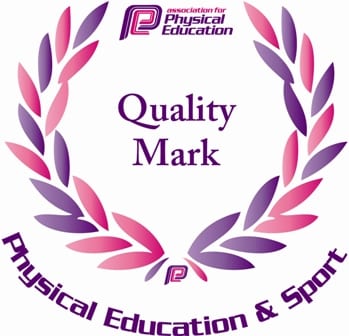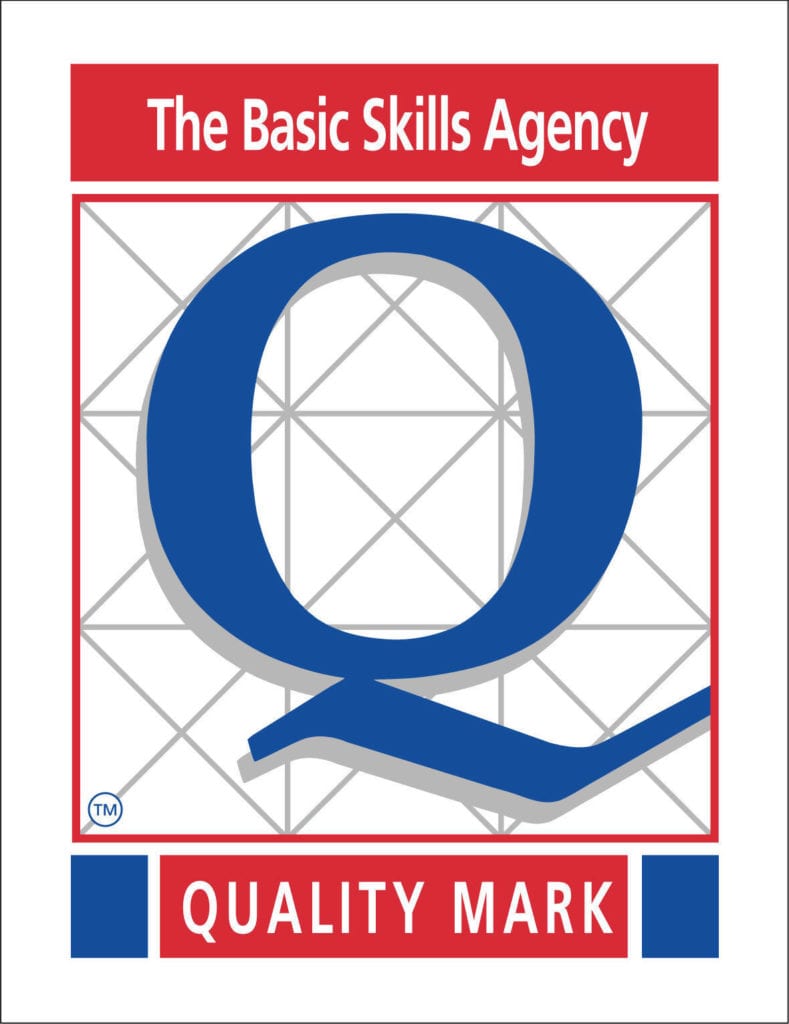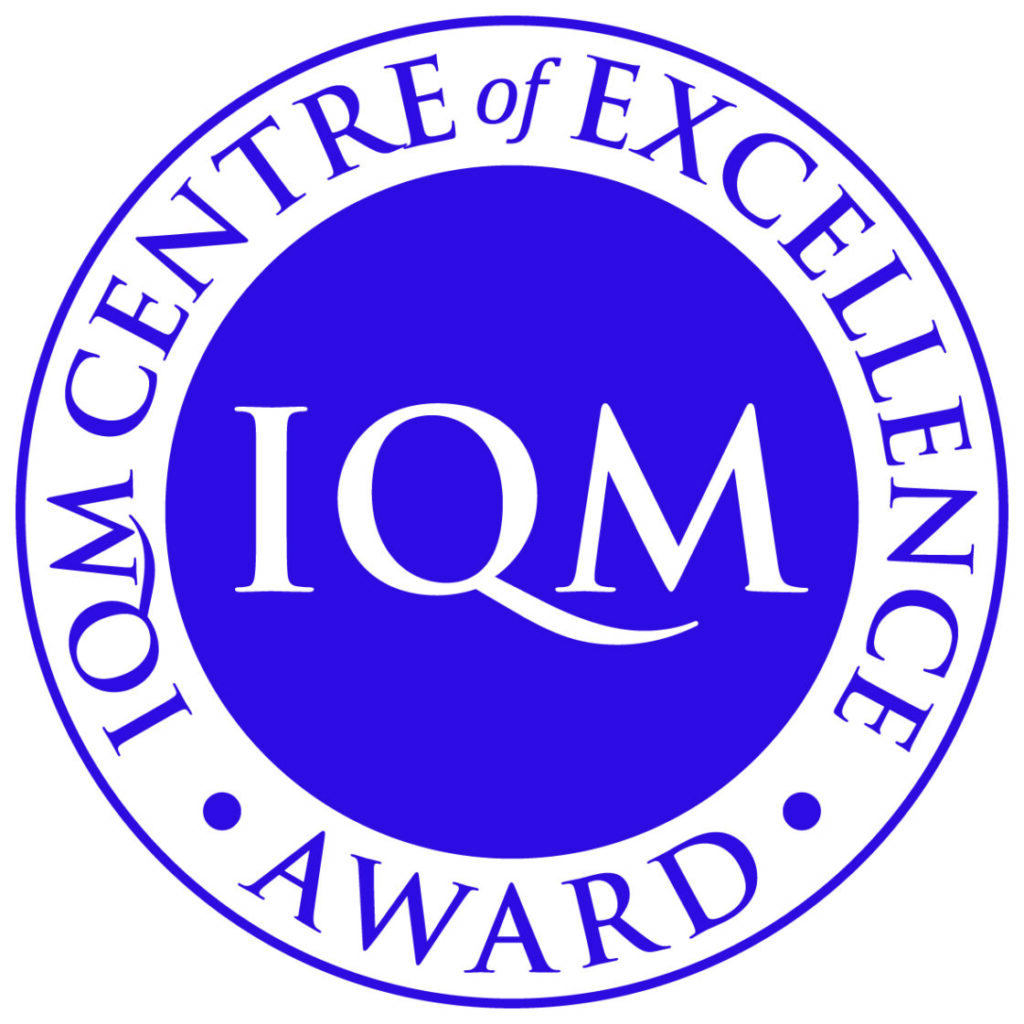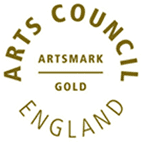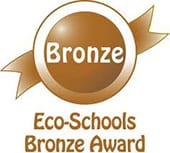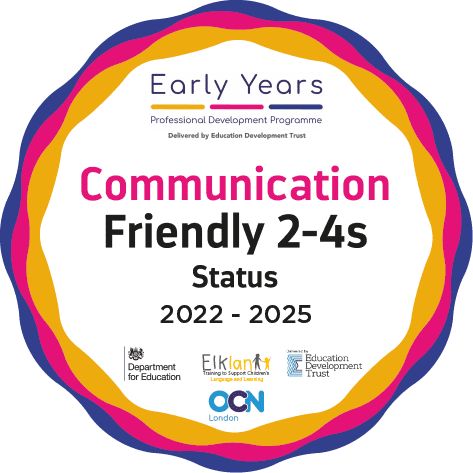Religious Education develops pupils’ knowledge and understanding of religious and non-religious worldviews and it provokes challenging questions about the meaning and purpose of life. It teaches pupils to develop respect for others, including people with different faiths and beliefs and helps to challenge prejudice. It prompts pupils to consider their responsibilities to themselves and to others and to explore how they might contribute to their communities and to the wider society. It encourages open mindedness, empathy, generosity and compassion.
Leadership and intent of RE at West Rainton
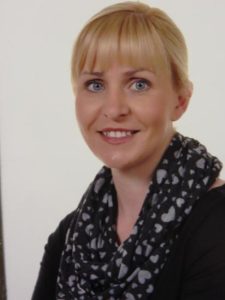
Mrs Julia Struthers
At West Rainton Primary School we aim to support children to develop their knowledge and understanding of different world religions and worldviews. We support them to develop the skills they need to question, debate, compare and critically assess different answers to ‘big’ human questions. We believe that the skills we equip children with at this age will enable them to go into the world as curious, independent thinkers who are able to appraise and consider the differing views they are exposed to.
At West Rainton Primary School we aim to ensure that pupils:
- Develop deepening knowledge and understanding about a range of religious and non-religious worldviews so they can:
*describe and explain beliefs and theological concepts
*describe and explain some sources of authority and teachings within and across religious and non-religious traditions
*describe and explain ways in which beliefs are expressed
*know and understand the significance and impact of beliefs and practices on individuals, communities and societies
*connect these together into a coherent framework of beliefs and practices
- Know and understand about religious diversity within a region, as well as nationally and globally.
- Gain and deploy skills that enable critical thinking and enquiry in relation to the material they study.
- Reflect on their own thoughts, feelings, experiences, ideas, values and beliefs with increasing discernment.
At West Rainton Primary School we follow the Agreed Syllabus for Religious Education in Durham, (Revised 2020) which is a whole school approach that provides a scheme of learning from the Early Years Foundation Stage through to the end of Key Stage 2. As subject lead, I review the RE curriculum delivered each year before I plan the next year’s curriculum. Due to the nature of the mixed age classes, the need may arise to change the order of units or add an additional unit to ensure that the breadth of study and all topics have been covered for each child and cohort.
How RE supports and promotes our overarching curriculum key drivers:
 Aiming high
Aiming high
We want our pupils to be inspired by our provision, and to ignite strong aspirations and high expectations of themselves and their future. Promotion of strong attendance is fundamental in this. Through the use of visits, visitors and enriching experiences, we will build knowledge and understanding of career possibilities as well as a hunger to embrace new and exciting opportunities. We will ensure we plan regular opportunities for children to develop self-belief and to see the benefits of taking risks and overcoming challenge. Our pupils will be supported to light up future pathways to fulfilling lives of employment choices, prosperity and future happiness. In RE, this is achieved through the engaging and enriching opportunities on offer, such as exciting educational visits, visitors and high quality resources. Visits to religious buildings and meeting with religious visitors lead to discussions about possible career pathways.
 Skills for learning and life
Skills for learning and life
We want pupils to leave our school with a bank of knowledge and a skillset specific to each individual subject, whilst also making transferable connections across other areas of learning and life. Fundamental to this, is a curriculum rich in core skills of language, vocabulary, communication, literacy and numeracy. Our pupils will be taught to be inquisitive, follow a line of enquiry to reach answers, and to recall and present their learning in a vibrant range of ways. Opportunities to develop resilience, organisation, leadership, teamwork, adaptability, patience and initiative are all interwoven into our subjects and wider school life in order for our children to adjust to new learning situations. Our RE curriculum promotes an enquiring approach to learning in which pupils carefully consider the beliefs, values and attitudes of religious and non-religious worldviews. They also develop the skills of interpretation, analysis and reflection, enabling our pupils to evaluate thoughtfully their own and others’ views, in a reasoned and informed manner. RE also enables pupils to develop respect for and sensitivity to others, in particular those whose faiths and beliefs are different from their own.
 Growing healthily
Growing healthily
Equally as important to us is the development of the whole child. Feeling safe, happy and valued is a fundamental right of all pupils. Our inclusive-rich ethos provides the backdrop to our personal development and wellbeing provision which is skilfully interwoven into all that we do. All pupils are supported to develop a strong understanding of the importance of good physical and mental health, whilst also learning a whole range of factors and influences that can have a negative impact on us. Making, nurturing and maintaining healthy relationships, both on and offline, equips children with the strength and security to recognise what they want and need in life. We believe a strong understanding of e-safety forms a crucial part of being a healthy, well-rounded 21st century global citizen. Our RE curriculum enables our pupils to extend their own sense of values and promotes their spiritual growth and development. It promotes each pupil’s self–worth, enabling them to reflect on their uniqueness as human beings, to share their feelings and emotions with others and appreciate the importance of forming and maintaining positive relationships.
 Knowledge of the world
Knowledge of the world
When our pupils leave us at the end of Y6, we want them to feel so proud of themselves as people that they have the personal strength and self-confidence to find their place as positive global citizens. Through our carefully-planned provision, our pupils will experience a diverse and inclusive-rich experience that allows them to bank cultural capital as well as developing a secure understanding of the importance of equality. As well as a secure knowledge of British values, our pupils will have their minds and horizons broadened through diverse social, moral, spiritual and cultural experiences. Pupils will be regularly encouraged to revisit and extend their world-view, fostering tolerance, sensitivity and empathy to interact positively with others. Through the teaching of RE in our school, we provide opportunities for spiritual, moral, social and cultural development. Pupils consider and respond to questions concerning the meaning and purpose of life. They discuss the difference between right and wrong through the study of moral and ethical questions. We enhance their social development by helping them to build a sense of identity in a multicultural society. Pupils explore issues of religious faith and values and, in so doing, they develop their knowledge and understanding of the cultural context of their own lives.
West Rainton Primary School RE policy
RE curriculum overview map 2023-24
How RE is taught at West Rainton
At West Rainton we use the Agreed Syllabus for Religious Education in Durham (Revised 2020) as the basis of our curriculum. Our long and medium term plans ensure that there is progression throughout the school and that children build upon knowledge learnt in previous years.
Religious Education is part of the curriculum across the whole of EYFS at West Rainton. While not compulsory in Nursery, it is part of our curriculum as we believe it forms a valuable part of the educational experience of children throughout the whole of the key stage. In the EYFS, children begin to explore the world of religion in terms of special people, books, times, places and objects and by visiting places of worship. They listen to and talk about stories. They are introduced to some religious practices, (Knowledge and Understanding) are given opportunities to ask questions (Critical Thinking) and are given opportunities to reflect on their own experiences and feelings (Personal Reflection).
From Year 1 to Year 6 RE is delivered in a weekly timetabled lesson.
KS1: 36 hours (1 hour per week) KS2: 45 hours (1.25 hours per week)
In Key stage 1 children are taught topics on Christianity, Buddhism and religious diversity. In Key stage 2 children are taught topics on Christianity, Hinduism, Judaism, religious diversity and a thematic study (where they identify and discuss similarities and differences within and between religious and non-religious worldviews)
All RE planning and teaching is based on the three elements of knowledge and understanding of religion, critical thinking and personal reflection as stated in the Agreed Syllabus. We promote teaching in Religious Education that encourages enquiry-based learning which enables pupils to develop skills as they investigate issues surrounding religion and beliefs.
All religions and their communities are treated with respect and sensitivity and we value the links, which are, and can be made between home, school, and a faith community.
As part of our provision on offer, pupils with special educational needs are planned for very carefully in school. This is an important part of the RE curriculum, as we strive to ensure that all of our pupils fully understand what they are being taught. This may involve more explanation and discussion about the questions that RE can evoke. It is always a priority for us to ensure that pupils are taught what they need to know, and focus on the most relevant parts of the RE curriculum. Our provision across the curriculum was highlighted when we were awarded the inclusive ‘Centre of Excellence’ award in late 2020. It is crucial for us that our pupils with SEND make progress, and move on from where they are in their learning journey. This provision may look very different to our other pupils, through differentiation and modification of the curriculum. Our decisions are made in consultation with the SENDCo, Mrs Firth, who advises and supports members of staff with their provision.
The impact of RE at West Rainton
At West Rainton Primary School we believe our broad and balanced RE curriculum will impact our pupils in the following ways:
- Children will extend their knowledge of religious and non-religious beliefs and worldviews.
- Children will have a greater awareness of the world around them and will be mindful of the beliefs of others.
- Children will feel they are valued as individuals and that their own beliefs are valued and celebrated in an accepting environment.
- Enjoyment of the RE curriculum will promote creativity, confidence and inquisitive minds.
- Children leave the school with a sense of belonging to a community where they have the confidence and skills to make decisions, self-evaluate and become lifelong learners.



